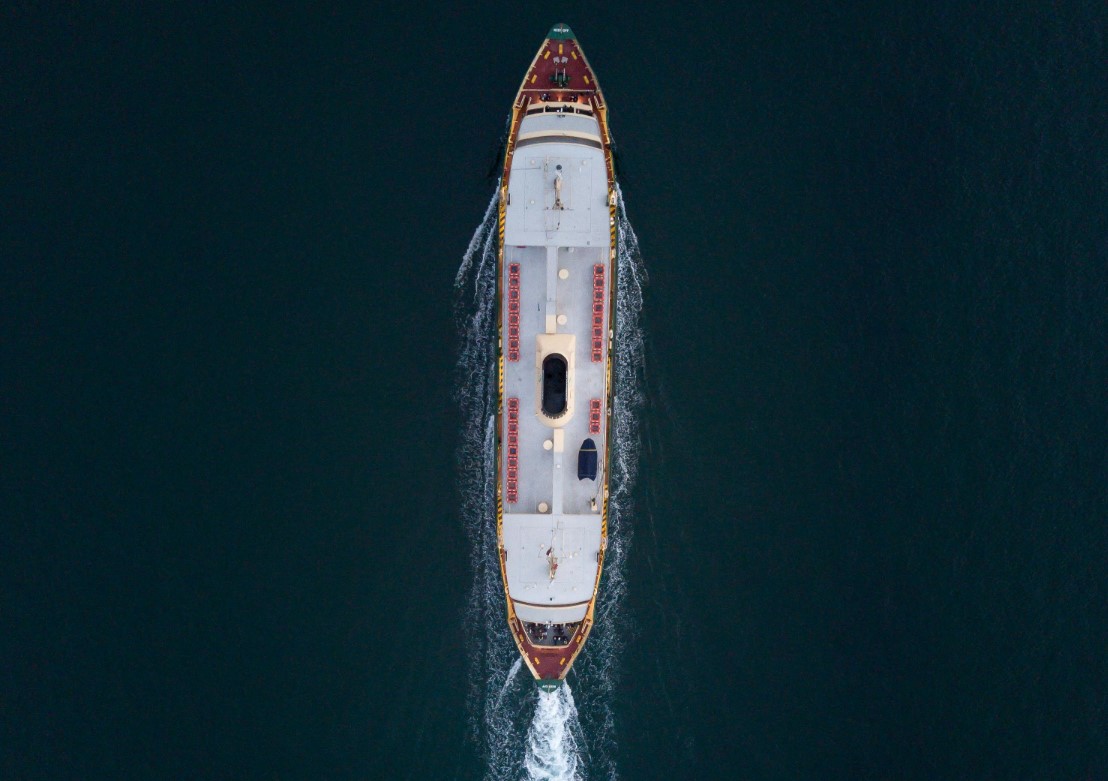Cyprus, one of Europe’s leading maritime nations, continues to strengthen its role in the continent’s decarbonisation drive, with Philippos Philis, CEO of Lemissoler Group and former president of the European Community Shipowners’ Associations (ECSA), calling for coordinated action to align environmental goals with economic sustainability.
In the ninth edition of ECSA’s Shipping People series, Philis said that the path to climate neutrality by 2050 represents both a challenge and an opportunity for the maritime industry.
The main hurdles, he explained, lie in the availability, scalability and affordability of alternative fuels, as well as the lack of global regulatory alignment.
He noted that infrastructure readiness and fuel supply chains remain fragmented, while the cost of new technologies often limits their early adoption.
Europe’s waterborne sector, he added, is fully committed to the green transition.
However, the most pressing challenge today, he said, is “the widening gap between climate ambition and the actual support available to make it a reality, while ensuring European shipping remains globally competitive.”
To bridge this gap, Philis said the industry needs increased resources to mitigate the risks associated with investments in clean technologies and alternative fuels.
“This is essential to strengthen Europe’s industrial position internationally,” he said, adding that “what we need is more investment, not protectionist measures such as tariffs or port fees that restrict trade and undermine Europe’s global standing.”
He pointed out that decarbonisation is extremely costly, with alternative fuels being up to four times more expensive than conventional ones, while new vessels, such as dual-fuel ships, can cost up to 25 per cent more. However. European operators are left to shoulder these costs alone.
“If we want to decarbonise without deindustrialising, a global level playing field must remain a guiding principle,” he said.
Meanwhile, based in Limassol, Lemissoler Group has placed innovation at the heart of its operations, reflecting Cyprus’ wider maritime strategy for sustainable growth.
Philis said the company has invested heavily in energy-efficient vessel designs and dual-fuel (DF) technologies, with methanol and ammonia emerging as promising alternatives. “A series of DF Methanol Dry Bulk vessels is due for delivery as of Q3 2026,” he said.
He added that tailor-made energy-saving devices, advanced hull coatings and digital performance optimisation tools can deliver immediate efficiency gains.
The combination of technological innovation, data-driven operations and collaboration across the supply chain, he said, will be key to achieving decarbonisation at scale.
Asked about EU support mechanisms, Philis said that access to EU funding instruments such as the Innovation Fund remains unnecessarily complex. Application processes are burdensome, timelines are long and success rates are low.
“Disclosure requirements further discourage participation by companies developing proprietary, innovative technologies, putting EU-based innovation at a disadvantage,” he said.
Similarly, he observed that so-called “green” lending by banks provides limited practical benefit. “Key performance indicators are fragmented and inconsistent,” he said, “while reductions in interest rates, often just a few basis points, are insufficient to drive meaningful investment.”
Financial and regulatory frameworks, he argued, must evolve to match the level of ambition set by policymakers.
To accelerate the industry’s transition, Philis called for an ecosystem approach built on collaboration, policy coherence and investment.
Among the key enablers, he said, are “stable and predictable regulations aligned with global frameworks, access to green financing and incentives for innovation and fleet renewal,” as well as revenues from the EU ETS and FuelEU being ring-fenced and reinvested into maritime decarbonisation.
He believes that EU Member States should be required to allocate national ETS revenues to support green shipbuilding, innovative clean technologies, alternative fuel production and the necessary bunkering infrastructure.
Furthermore, he said, the EU must simplify and tailor its financing instruments, creating maritime-specific innovation calls, accelerating access to funding and offering realistic financial incentives.
Philis also called for the development of scalable fuel infrastructure and supply chains for low- and zero-carbon fuels.
“The EU should mandate European fuel suppliers to produce the transition fuels the industry needs,” he said.
At the same time, private-equity investment should be encouraged through tools such as tax allowances on revenues from sustainability-linked bonds and green bonds.
“The transition will not happen overnight, but by aligning environmental objectives with economic sustainability, we can ensure a just and effective transformation that strengthens Europe’s leadership in global shipping,” Philis concluded.






Click here to change your cookie preferences